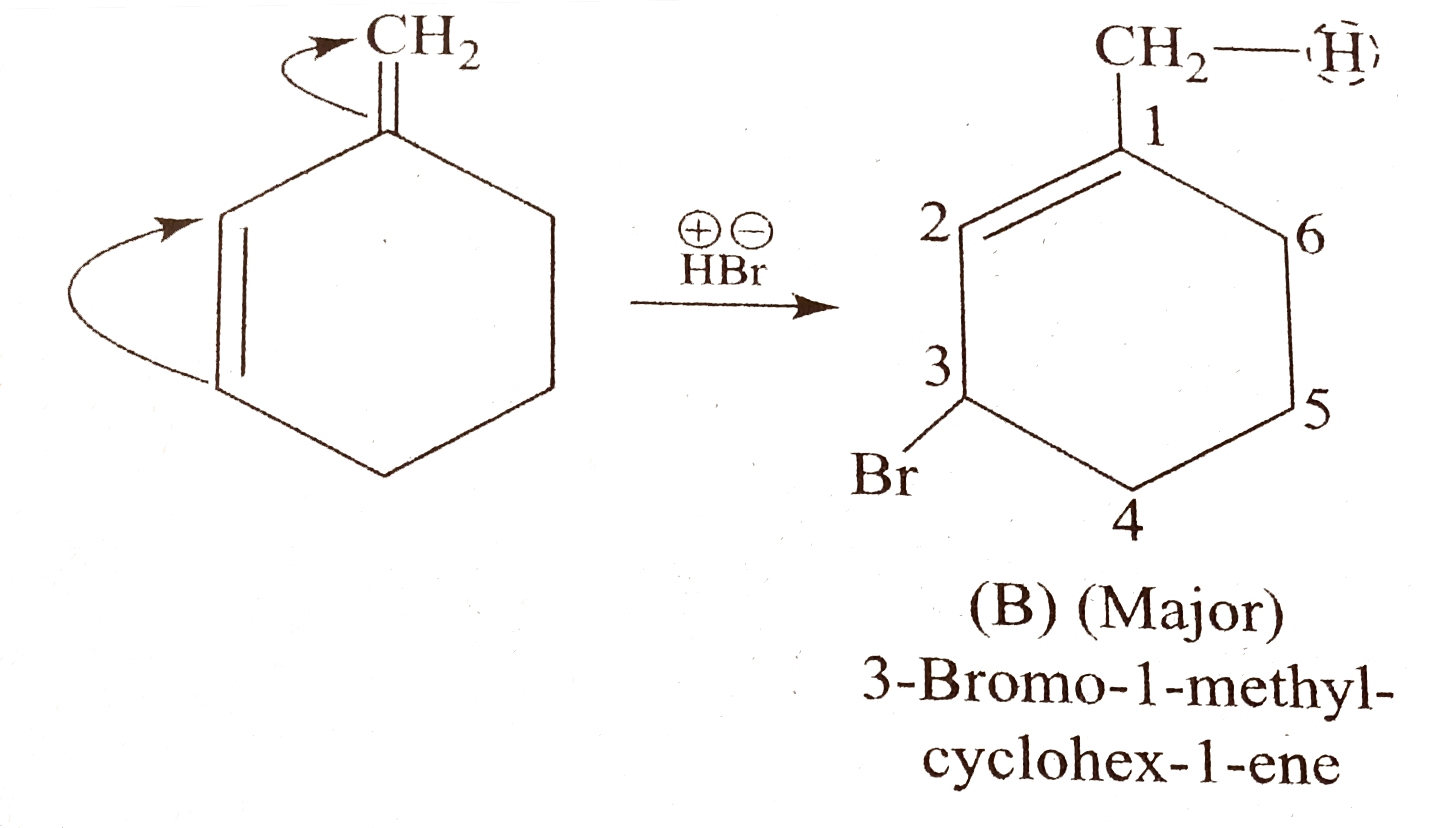What are the major and minor plant nutrients? Give three examples for each
Step-by-Step Text Solution:
1. Understanding Plant Nutrients:
- Plant nutrients are essential elements that plants require for growth and development. They are classified into two categories: major nutrients and minor nutrients.
2. Major Plant Nutrients:
- Major nutrients are those that plants need in larger quantities. These nutrients are crucial for various physiological functions and overall plant health.
- Examples of major plant nutrients include:
- Nitrogen (N): Essential for the synthesis of amino acids and proteins, and plays a key role in chlorophyll production.
- Phosphorus (P): Important for energy transfer (ATP), root development, and flowering.
- Potassium (K): Vital for water regulation, enzyme activation, and overall plant vigor.
3. Minor Plant Nutrients:
- Minor nutrients, also known as trace elements, are required by plants in smaller quantities but are still essential for their growth and development.
- Examples of minor plant nutrients include:
- Iron (Fe): Crucial for chlorophyll synthesis and enzyme function.
- Magnesium (Mg): Important for photosynthesis and enzyme activity.
- Copper (Cu): Plays a role in photosynthesis and the formation of lignin in plant cell walls.
4. Summary:
- In summary, major plant nutrients are required in larger amounts and include nitrogen, phosphorus, and potassium. Minor plant nutrients are needed in smaller amounts and include iron, magnesium, and copper.
---
- Plant nutrients are essential elements that plants require for growth and development. They are classified into two categories: major nutrients and minor nutrients.
- Major nutrients are those that plants need in larger quantities. These nutrients are crucial for various physiological functions and overall plant health.
- Examples of major plant nutrients include:
- Nitrogen (N): Essential for the synthesis of amino acids and proteins, and plays a key role in chlorophyll production.
- Phosphorus (P): Important for energy transfer (ATP), root development, and flowering.
- Potassium (K): Vital for water regulation, enzyme activation, and overall plant vigor.
- Minor nutrients, also known as trace elements, are required by plants in smaller quantities but are still essential for their growth and development.
- Examples of minor plant nutrients include:
- Iron (Fe): Crucial for chlorophyll synthesis and enzyme function.
- Magnesium (Mg): Important for photosynthesis and enzyme activity.
- Copper (Cu): Plays a role in photosynthesis and the formation of lignin in plant cell walls.
- In summary, major plant nutrients are required in larger amounts and include nitrogen, phosphorus, and potassium. Minor plant nutrients are needed in smaller amounts and include iron, magnesium, and copper.
Topper's Solved these Questions
- SOME IMPORTANT ELEMENTS AND THEIR COMPOUNDSBook:PEARSON IIT JEE FOUNDATIONChapter:SOME IMPORTANT ELEMENTS AND THEIR COMPOUNDSExercise:Short -answer type question
Explore 15 Videos
- SOME IMPORTANT ELEMENTS AND THEIR COMPOUNDSBook:PEARSON IIT JEE FOUNDATIONChapter:SOME IMPORTANT ELEMENTS AND THEIR COMPOUNDSExercise:Essay type question
Explore 5 Videos
- MOCK TEST Book:PEARSON IIT JEE FOUNDATIONChapter:MOCK TEST Exercise:Question
Explore 5 Videos
- SOME NATURAL PHENOMENABook:PEARSON IIT JEE FOUNDATIONChapter:SOME NATURAL PHENOMENAExercise:COMPETITION CORNER
Explore 37 Videos
Similar Questions
Give three examples of seafood.
View Solution
Give the major and minor products.
View SolutionGive the major and minor porducts.

View SolutionWhat is mutualism? Give three examples
View SolutionMajor and Minor Arc
View SolutionMajor and Minor segment
View SolutionGive any three examples of revenues.
View SolutionDefine a gland. What are the three kinds of glands ? Give one example of each kind.
View SolutionGive the example of C4 plants
View SolutionGive three examples of false fruit.
View Solution
